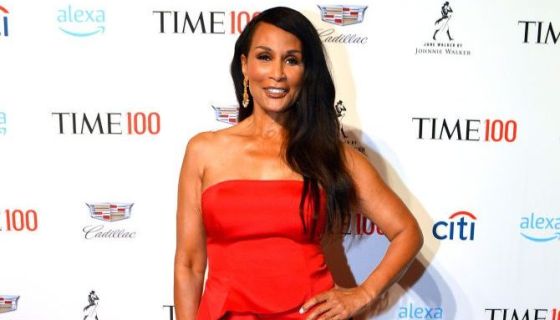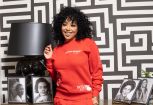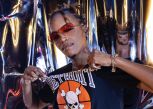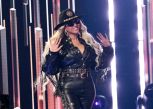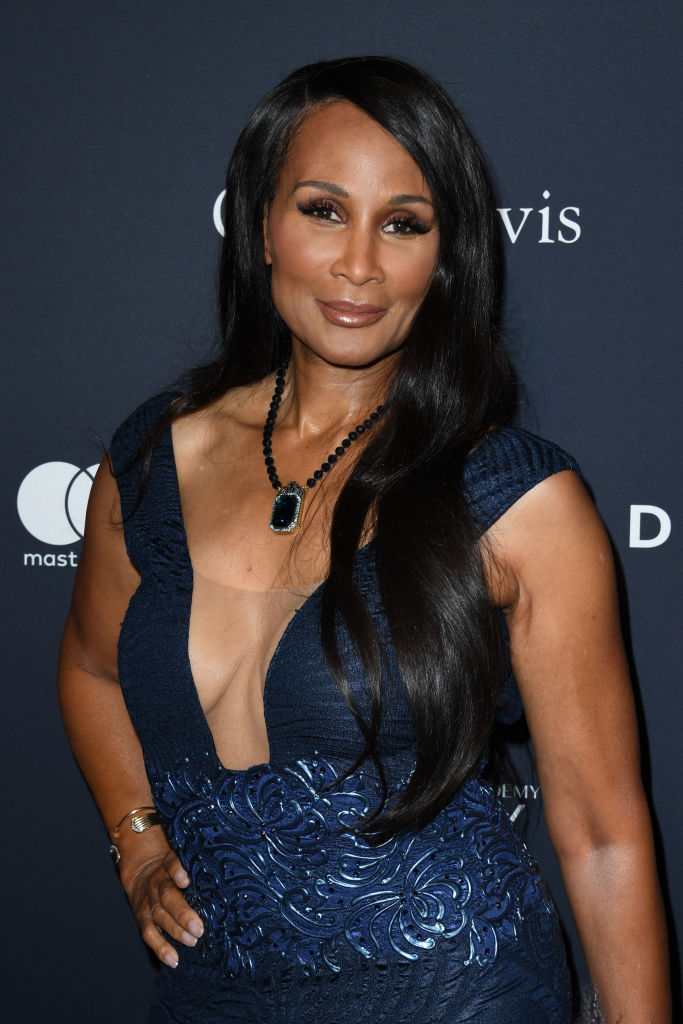
Source: Jon Kopaloff / Getty
I believe when I wrote about legendary model Beverly Johnson’s engagement, at 67, that this woman has lived a life. And in a recent interview with PEOPLE, Johnson is sharing more of it.
Beverly Johnson is known as the first Black model to appear on the cover of Vogue in 1974. And as you know, there is a price to pay being the first. And for Johnson, one of those struggles was the racism present in the fashion industry.
There were the doubters.
“When I started my modeling career in the 1970s, I wanted the top modeling agent. That was Eileen Ford. She said, “You’ll never be on the cover of Vogue magazine.” So I moved to the rival Wilhelmina agency. I got the cover. I had worked for it and prayed for it, and now I had to honor it”
There was the isolation of being the only Black woman in the room more often than not.
There were professionals who weren’t equipped with the proper tools to do Johnson’s makeup or hair.
“Back then, there were no Black makeup artists or Black hairstylists. The people they hired had no idea what to do with my hair. So I’d go to the bathroom and wet my hair or slick it back with Vaseline and put it in a chignon. Same with make-up — I’d do my own. At one shoot, the makeup artist was so stoned, his hands were shaking. I went to my editor and said, “I don’t want this guy around my eyes with a Black pencil.” I recommended Joey Mills, a Black makeup artist. They couldn’t believe I could book someone so easily. He was extraordinary and went to do makeup for women of many skin tones. You have to have champions.”
And while we might associate overt racist acts with the time before the Civil Rights Movement, Johnson said that even in the seventies, she still fell victim to it.
“Once in the 1970s, we were at a five-star hotel. I got into the pool. And all of a sudden, the editor came out and made everybody get out. They drained the pool. Twenty years later, one of the models told me it was because of me. But I had blocked it out. In order to survive, I would make myself not react. Like Teflon.”
In the midst of the interview Johnson seems to casually drop the fact that she dated tennis legend Arthur Ashe briefly in the 70s and the two understood one another being the first Black people to achieve greatness in a predominately white field. (Johnson with the cover and Ashe winning Wimbledon.)
Johnson believes that the fashion industry, including Vogue, is still operating from a place of erasure.
“That “Vogue” cover made me a legend. At the same time, I knew I was token. I got a chance to go inside the bubble, an exclusive world inhabited by artists — Andy Warhol, Mick Jagger and the Rolling Stones. I straddled both worlds. When you read histories of Vogue and how the circulation tripled in the ’70s, they said it was because women were working, but I think it was because they had a whole new readership, so there was this denial with Vogue in the acknowledgement of this milestone.”
Still, Johnson has not dissuaded against moving forward, as evidenced by her participation in the #MeToo movement, calling out Bill Cosby for drugging and attempting to rape her in the mid-80s.
“Disruption is uncomfortable, but it means there’s an opening. A crack in the door. And it’s all about trying to make a better world for our kids and our grandkids. Change is possible, and I’m trying to make a difference in my own way. I feel I am standing on the shoulders of my ancestors. The #MeToo movement was Herculean — if we could only do that with race. Because that needle, it really moved.”

